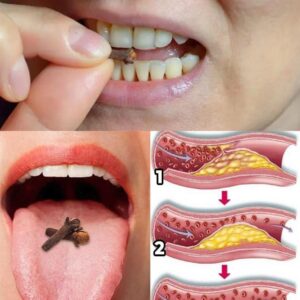Coffee, a beloved beverage worldwide, often pairs with milk to create a creamy, satisfying drink. But should you add milk to your coffee? This question has sparked ongoing debates among health professionals and coffee enthusiasts alike. Understanding the science and health implications behind this combination is crucial for making an informed choice. Let’s settle the milk and coffee debate in this article.
Coffee is celebrated for its rich antioxidant content, especially polyphenols, which are known to combat inflammation and support overall health. These antioxidants are linked to reduced risks of chronic diseases like heart disease and certain cancers.
Milk, on the other hand, offers a wealth of essential nutrients, including calcium, vitamin D, and proteins. These nutrients support bone health, muscle repair, and overall well-being, making milk a staple in many diets.
The interaction between coffee and milk lies at the heart of this debate. Milk proteins can bind with coffee’s polyphenols, potentially altering the bioavailability of these powerful antioxidants.
Potential Concerns:
Reduced Antioxidant Absorption: Research suggests that adding milk to coffee may decrease the absorption of polyphenols, limiting coffee’s health benefits.
Caloric Impact: Milk, especially whole milk or cream, adds calories to your coffee. This could contribute to weight gain if consumed in large quantities.
Saturated Fats: Whole milk and cream contain saturated fats, which, when over-consumed, might impact cardiovascular health.Lactose Intolerance: For individuals with lactose intolerance, adding milk to coffee could lead to discomfort, including bloating and diarrhea.Why Some Say Milk Enhances CoffeeWhile some argue against adding milk, others point out potential benefits:
Anti-Inflammatory Properties: Combining milk proteins with coffee’s polyphenols may enhance anti-inflammatory effects. This synergy could provide health benefits beyond those of coffee or milk alone.
So, milk in your coffee?
Deciding whether to add milk to your coffee depends on your health priorities and preferences:
If maximizing antioxidant absorption is your goal, you might want to skip the milk.
If you enjoy the creamy taste and potential anti-inflammatory effects, milk could be a great addition.
For those with lactose intolerance, non-dairy alternatives like almond or oat milk might be better options.
Consulting with a healthcare professional can provide guidance tailored to your health needs and lifestyle.
Conclusion: Should You Add Milk to Your Coffee?
So, should you add milk to your coffee? The answer depends on what you value most—antioxidant absorption, taste, or potential anti-inflammatory benefits. Whether you prefer your coffee black or creamy, understanding the science behind your choice can help you enjoy your daily cup with confidence.




